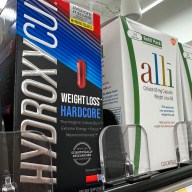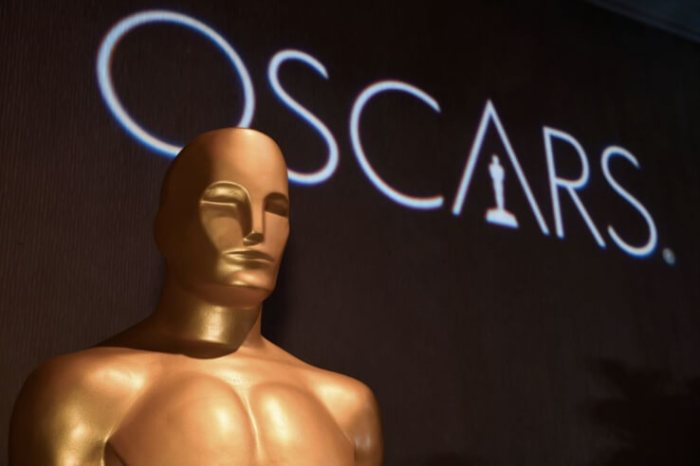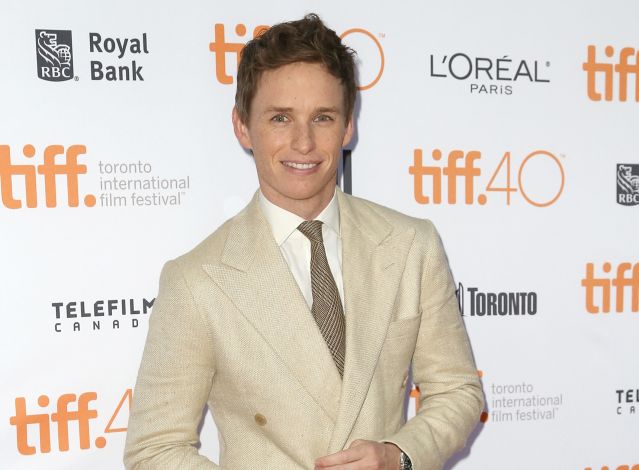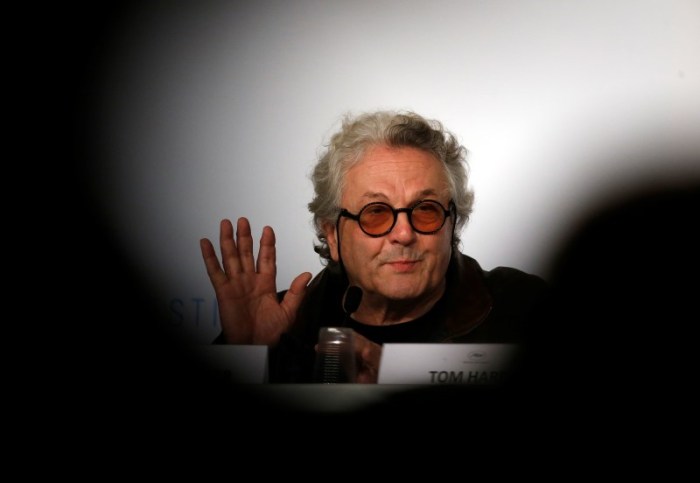Man, there were a lot of Trump jokes on the Oscars last night. Jokes about his Twitter feed, jokes about “fake news,” jokes about the “tragedy” in Sweden. But it all came from one person: Host Jimmy Kimmel. He didn’t let up, and one quickly got the impression he was goading his fellow Oscar-goers on, trying to turn this into the non-stop POTUS roast his supporters presumed it would be all along. But they weren’t biting. The producers even found an excuse to get Meryl Streep on the stage — she certainly wasn’t going to win yet again, for “Florence Foster Jenkins” — but when she presented a token award, she stuck to the script. That’s not to say the 89th Academy Awards were an apolitical snooze. Far from it. There were the occasional digs at our sitting administration. Garl Garcia Bernal railed against the border wall. Asghar Farhadi, the Iranian filmmaker previously barred from attending due to the “Muslim ban,” sent a letter to be read when his film, “The Salesman,” took Best Foreign Language film. In it, the acclaimed director offered words that spoke forcefully and movingly about the inhumanity of the ban, and about how movies help create empathy and dismantle cultural and national stereotypes that keep us apart. RELATED: Looks like Marisa Tomei really did win her Oscar, huh? But when most other presenters and winners tackled the issues, which they didn’t always do, they did so obliquely. Except for Kimmel, no one said the words “Donald Trump.” They weren’t always only speaking about him. Often times they spoke against the culture he’s created — the voters whose intolerance and prejudice have been activated or riled up, the threatened decay of diversity, the black and brown and trans lives they don’t think matter. Viola Davisspoke about how movies give voices to the ignored, including the film for which she won, “Fences.” The 2017 Oscars could have been a hate-fest. It’s one year that would have been encouraged. How many die-hard Trump supporters would even tune in to a show starring those godless libruls in Hollyweird anyway? The next day, the Breitbarts would dump their Trump attacks into their Twitter feeds, and the culture war would go next level. Instead, Hollywood stayed positive. Even the speeches by Garcia Bernal and Farhadi were measured, direct yet not explosive, the kind that are hard to argue with. (As is their wont, Breitbart merely dumped Garcia Bernal’s words onto a page and let their awful commenters seize upon them like racist sewer rats.) What everyone did was collectively offer an alternate America that looked an awful lot like Obama’s progressive America, or at least Obama’s progressive America before a demagogue swooped in and found a juicy nationalist nerve. Hollywood has long refrained from reflecting what America is; instead it offers what it could be. It’s not just about the glamour of its movie stars. At its best — which, granted, it often is not — Hollywood preaches messages of decency and tolerance and diversity. They don’t do that with message movies; the untold movies about the Iraq War sold few tickets and solved nothing. But filmmakersknow that movies can subliminally change the culture. They can remind us that deep down, one hopes, we’re not isolationist and bigoted and angry all the time. We’re kind and understanding and generous. Hollywood will have to ramp up its game over the next four to eight years. They started last night.
Why the Oscars didn’t relentlessly bash Trump
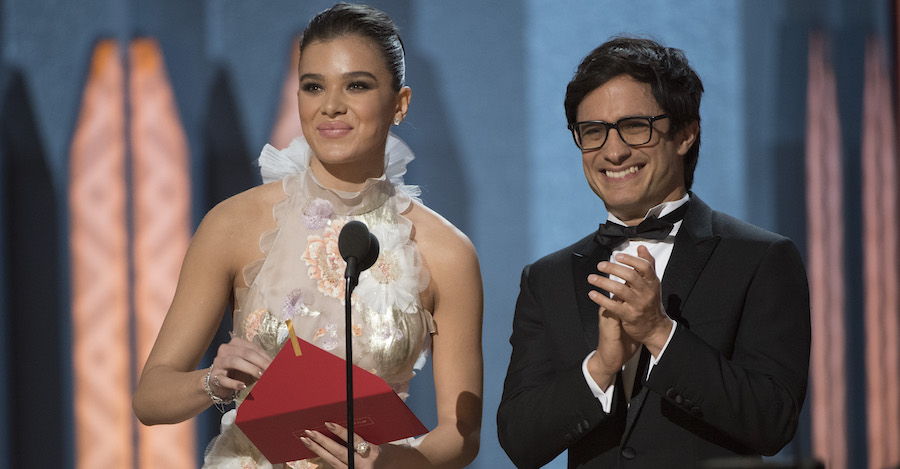
Getty Images
Follow Matt Prigge on Twitter @mattprigge









